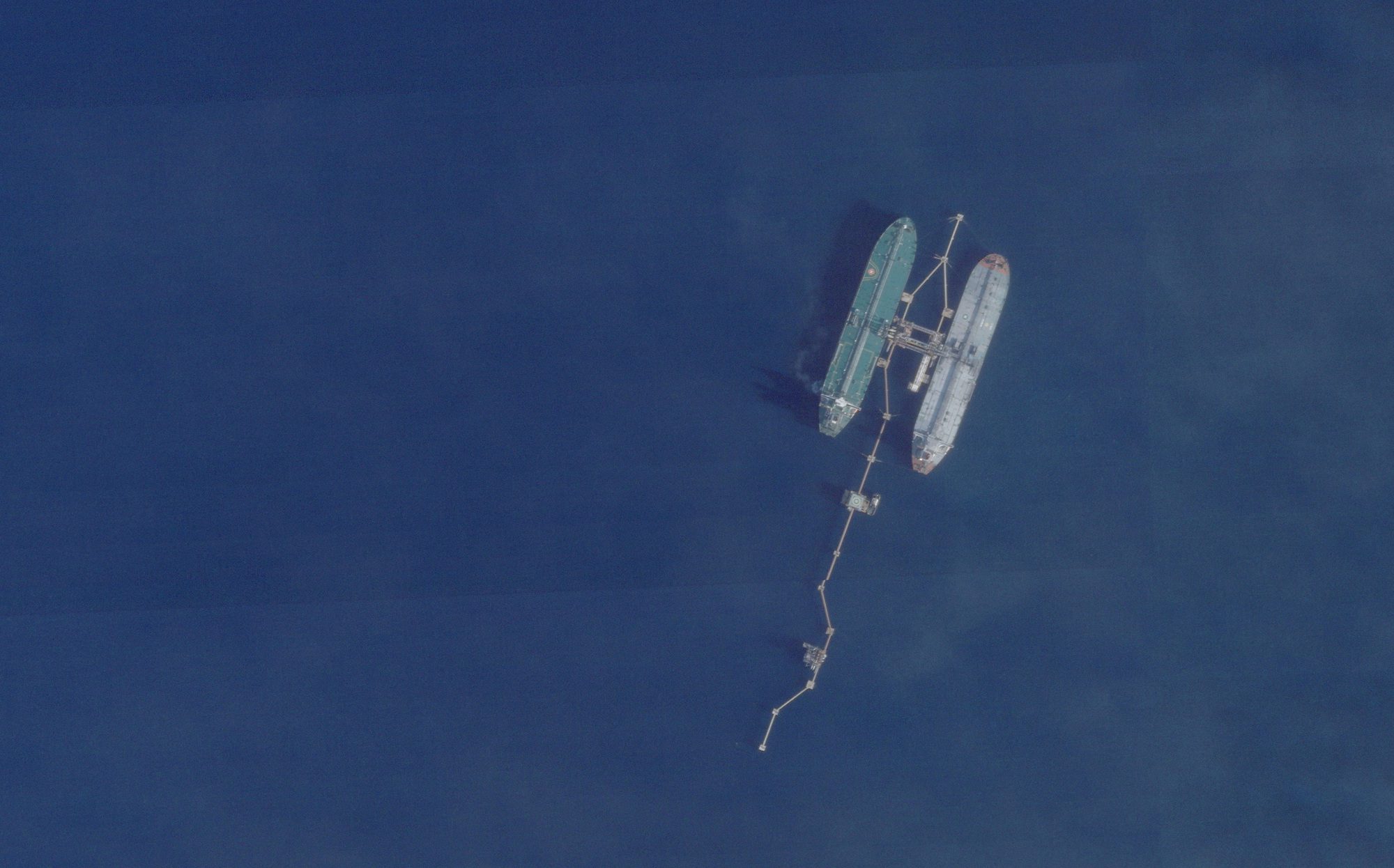By Thomas Seal (Bloomberg) —
Dock foremen and women in British Columbia issued a strike notice for Monday, Nov. 4., setting up disruption at Canada’s biggest and third-biggest ports.
The International Longshore and Warehouse Union Ship & Dock Foremen Local 514 provided 72-hour advanced notice on Thursday of a walkout starting Monday at 8 a.m. Pacific time.
The BC Maritime Employers Association said in response it intends to “defensively” lock out ILWU Local 514’s more than 700 members on Monday, which could shut down all cargo operations for its many member companies in British Columbia.
The business group has “completely overreacted” with the threat of a full lockout, a union spokesman said by email, adding that ILWU Local 514 only served notice for “limited job action” with an overtime ban and refusal to implement technology changes.
The BCMEA justified its decision by saying “strike activity can easily escalate, including a complete withdrawal of labor without notice,” and so a safe and orderly wind-down is needed.
If a full shutdown goes ahead, a huge amount of trade would grind to a halt at Canada’s busiest port, Vancouver, and its third-busiest, Prince Rupert in BC’s north. The shutdown would affect all BCMEA member cargo — though cruises and grain longshoring would continue.
“We are extremely concerned that this strike could cascade quickly to shutting down the entire west coast port system,” said David van Hemmen, vice president of the Greater Vancouver Board of Trade, adding the strike endangers C$800 million ($574 million) per day in trade.
“We are calling for immediate action by the federal government to intervene,” van Hemmen said in a statement.
Both sides had recently been meeting with the assistance of federal mediators, and the BCMEA said it provided a final offer on Wednesday that ups the median foreperson compensation to C$293,617 from C$246,323 per year, not including benefits and pensions.
The union’s statement late Thursday said the members voted in favor of the strike in September after an attempt by employers to lower existing minimum manning levels.
A 13-day strike by more than 7,000 longshore workers caused large-scale disruption at Canada’s west coast ports last year, and the North American transportation and logistics sectors have continued to be hit by labor disputes this year.
A three-day strike shut every major port on the US East and Gulf coast in early October, and dockworkers at the port of Montreal have also walked out in recent days.
Canada’s two biggest railways were also shut temporarily over the summer after bargaining between union leaders and their employers broke down.
© 2024 Bloomberg L.P.

 Join The Club
Join The Club









